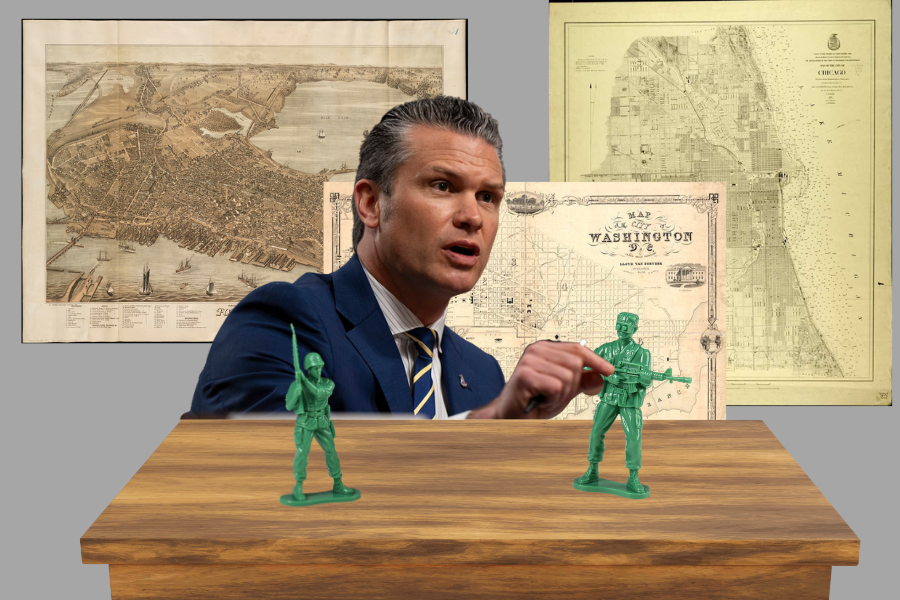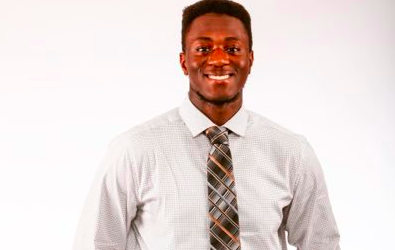College sports are known to attract thousands of spectators to the stands, millions of fans behind the screen and billions of dollars in the bank.
One of these profitable facets resides in college football. The task recruiters and coaches alike face consist of the best ways to assemble a winning team with star players to succeed in games, and for some, ultimately mold them into prospective NFL talents.
Some succeed with this formula and others do not. The biggest problem to date behind the business of one of the most popular sports in America is the toll practice and game time takes on the education of student-athletes.
The term “student-athlete” is a joke in some instances in division one football. Players are responsible for the future of their coaches, and the respect they’ll get around the conference. However, it seems their academics take a back seat on game day.
Yes, most student-athletes on a college team receive scholarships, are given a rare opportunity, play a sport and receive a great education for free. The problem with athletic scholarships in the football realm is that most students on a full-ride are too busy in the gym, recovering from practice, memorizing playbooks, traveling and sometimes dealing with the media to actually focus on any school work at all.
For example, if LSU running back Leonard Fournette told his head coach Les Miles he had to prioritize mid-terms over a championship game, how do you think fans and the media would react?
Reports allegedly say Fournette is expected to leave college as soon as he’s NFL eligible, after three years and plans forgoes his senior campaign. Fournette “would be the first guy picked in the (NFL) draft if you just say, ‘Who is the best player?’” NFL Media Senior Analyst Gil Brandt told The New York Times. “He’s ready to play.”
Ohio State quarterback Cardale Jones shared on Twitter, “Why should we have to go to classes if we came here to play FOOTBALL, we ain’t come to play SCHOOL, classes are POINTLESS.”
He has since apologized for his tweet, as expected from any division one player who voices their controversial opinion. Jones’ statement does make you wonder how many of these athletes would prefer a one-and-done rule like the NBA, or just come straight out of high school like the MLB and skip receiving a higher degree.
Yes, there are college football athletes who take their academics seriously, but the system’s structure appears to have too many flaws. When you hear school names such as Louisiana State University, Auburn University, Florida State University and Michigan State University, it’s fair to say most people initially identify them by their reputations as members in the athletic industry and not by their academic success in the classroom.
There’s a reason why there’s a difference between athletic and academic scholarships. Both are meant for gifted young men and women. In the case of an athletic scholarship to a division one school, players who are the recipient of such an opportunity are held to on-field expectations rather than in-classroom production. While there’s an institutional GPA athletes have to maintain, it presents an ethical dilemma for students and professors alike if, for say, the star quarterback received a D on a test but had the championship game that Saturday.
Football is a full-time job. Such a commitment to the sport led Northwestern’s football team to request a union because they felt the time they were putting into the game was the equivalent of an actual job. The team failed in establishing the union but brought up a good point.
Players are meant to select courses around practice time and meet certain obligations. Are these young men at these powerhouse schools being mislead by the idea that an athletic scholarship is actually geared toward enhancing their education?







